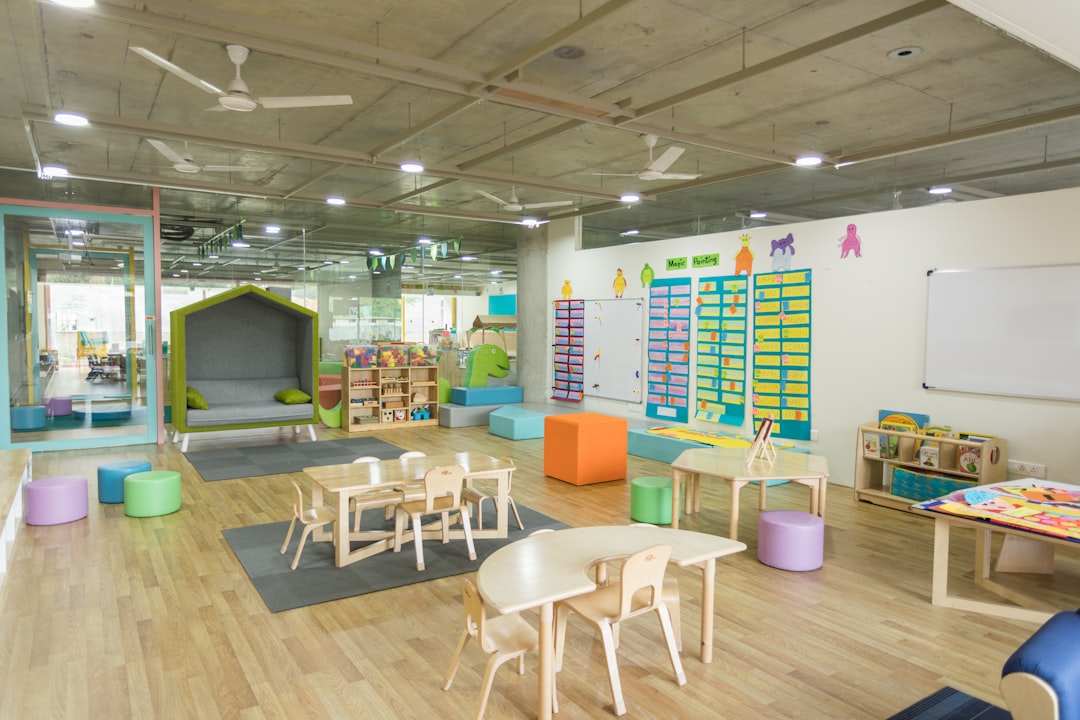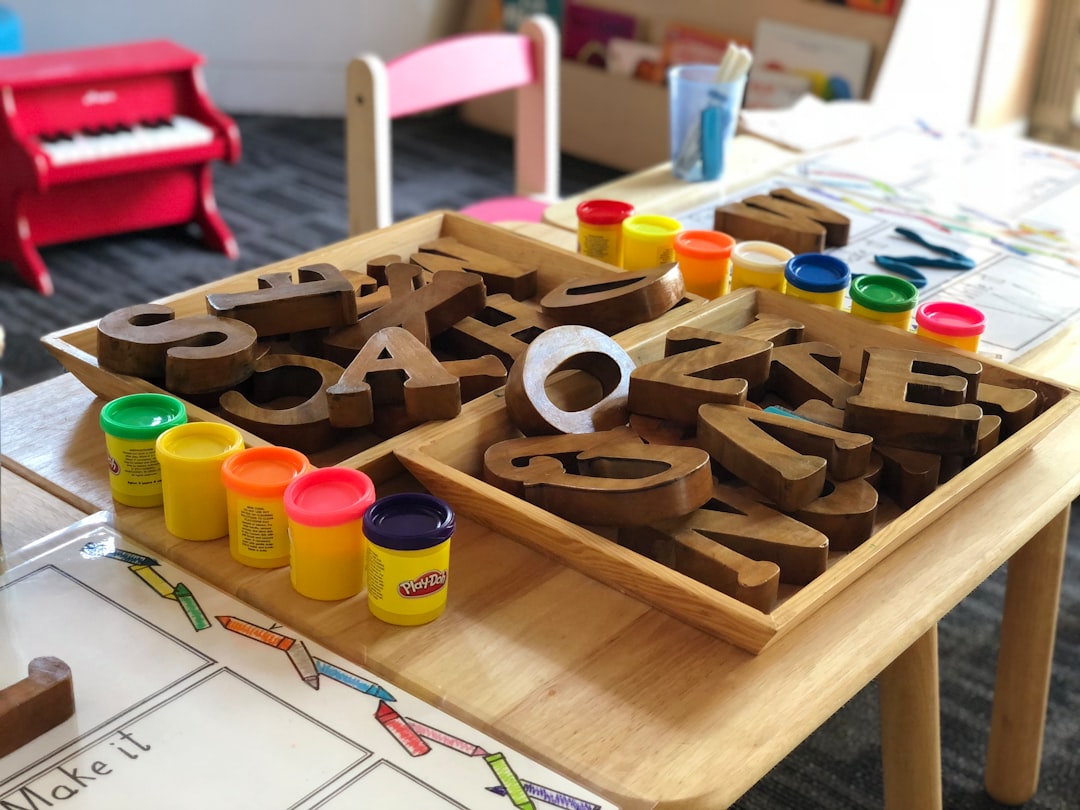Los Angeles daycare providers need de-escalation skills to manage challenging situations, prevent daycare abuse, and promote positive behavior. By recognizing physical and behavioral cues in children, caregivers can use techniques like active listening, breathing exercises, and redirecting attention to create a calm atmosphere. Effective communication and physical de-escalation methods build trust and diffuse tension, reducing the need for daycare abuse attorneys in Los Angeles, CA.
In Los Angeles, where childcare quality is a paramount concern, understanding de-escalation techniques is crucial. This guide equips providers with essential tools to navigate stressful situations, ensuring a safe and nurturing environment for young minds. From recognizing subtle signs of stress and anxiety in children to employing effective communication strategies, this article covers it all. Additionally, discover physical de-escalation methods that promote calm without causing harm. For Los Angeles daycare providers seeking to prevent potential abuse cases, these techniques are invaluable.
Understanding De-escalation: A Daycare Provider's Guide

De-escalation is a vital skill for Los Angeles daycare providers, helping them navigate challenging situations and ensure a safe environment for children in their care. Understanding de-escalation techniques allows caregivers to manage crises, prevent potential daycare abuse, and foster a calm atmosphere. It’s about recognizing and responding to children’s emotional states, diffusing tension, and promoting positive behavior.
Daycare providers can use various methods, such as active listening, simple breathing exercises, or redirecting attention, to help children calm down. By staying calm themselves and creating a secure space, caregivers can de-escalate conflicts, whether it’s a temper tantrum, sibling rivalry, or a child feeling overwhelmed. Knowing how to de-escalate effectively also helps build trust between providers and children, promoting open communication and a nurturing environment—an important aspect when considering the well-being of children under their care, as advocated by daycare abuse attorneys in Los Angeles, CA.
Recognizing Stress and Anxiety in Young Children

Young children, especially those in a daycare setting, can struggle to communicate their feelings and experiences effectively. Therefore, it’s crucial for caregivers to learn the subtle signs of stress and anxiety. Recognizing these indicators early on is vital to creating a safe and nurturing environment. Children may express tension through physical cues like tight fists, increased heart rate, or restlessness. They might also exhibit behavioral changes such as withdrawal, irritability, or even aggressive outbursts.
Daycare providers in Los Angeles, CA, should be well-versed in de-escalation techniques to address these issues promptly. Understanding the root causes of a child’s distress is essential; it could stem from a traumatic experience or simply overwhelm due to a busy schedule. With proper training, caregivers can guide children towards managing their emotions healthily and prevent potential incidents that may prompt the need for daycare abuse attorneys.
Communication Strategies for Calming Distressed Kids

Effective communication is a cornerstone in de-escalating situations involving distressed children, especially in a daycare setting. Los Angeles daycare providers should employ strategies that foster open and empathetic dialogue to calm kids who might be agitated or anxious. One powerful technique is active listening, where caregivers give their full attention to the child’s concerns, validating their feelings without judgment. This simple act can help children feel heard and understood, reducing their stress levels significantly.
Additionally, using simple and calming language tailored to the child’s age is essential. Daycare providers should avoid complex or intimidating terms and instead opt for clear, gentle instructions. For instance, phrases like “Let’s take a few deep breaths together” or “I see you’re upset; tell me what happened” can provide a sense of security and guide children towards emotional regulation. These communication strategies not only help in the immediate de-escalation process but also build trust between caregivers and the children under their care, potentially preventing future incidents that might prompt the need for daycare abuse attorneys in Los Angeles, CA.
Physical Techniques to Safely De-escalate Situations

In high-stress daycare settings, knowing physical de-escalation techniques is crucial to maintaining a safe environment. For instance, when a child becomes aggressive or overwhelmed, a provider can use gentle touches like a firm but calm pat on the back or side to help them breathe and relax. This simple action can diffuse intense emotions and prevent potential daycare abuse scenarios that may arise from stress or frustration.
Additionally, creating physical distance can be an effective de-escalation tool. By gently leading a child to a quieter space, away from their initial trigger, providers allow them to calm down. Such techniques not only promote children’s emotional well-being but also serve as preventative measures against allegations of daycare abuse that may stem from excessive force or improper physical restraint. Los Angeles daycare providers should prioritize these strategies to foster secure and nurturing atmospheres for all children under their care.




